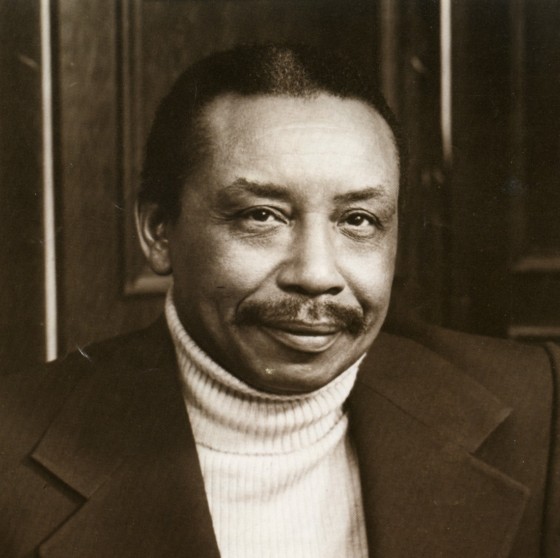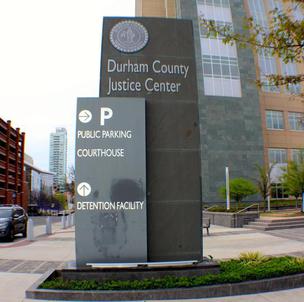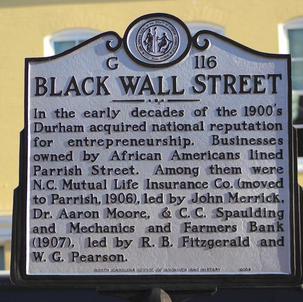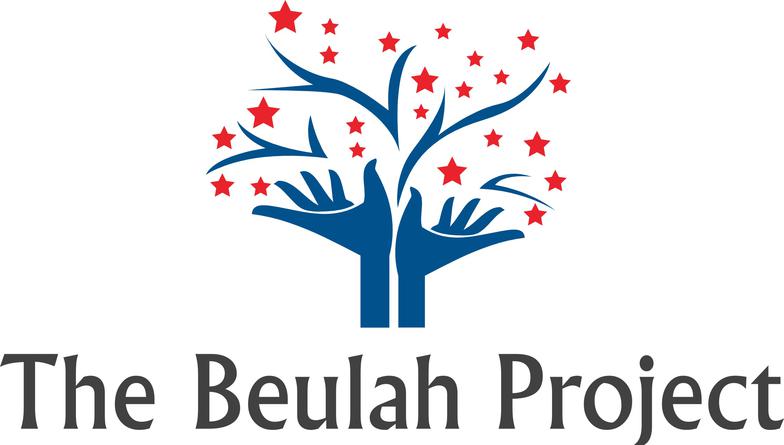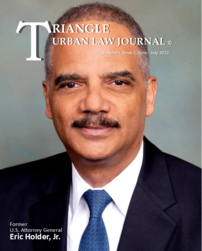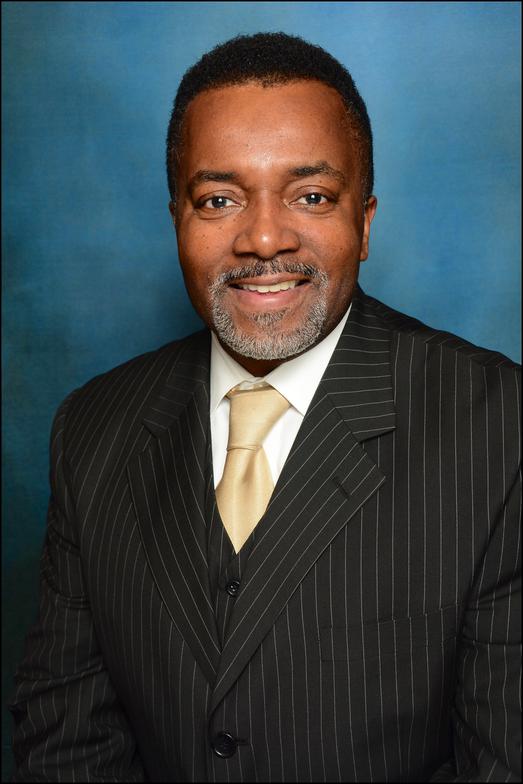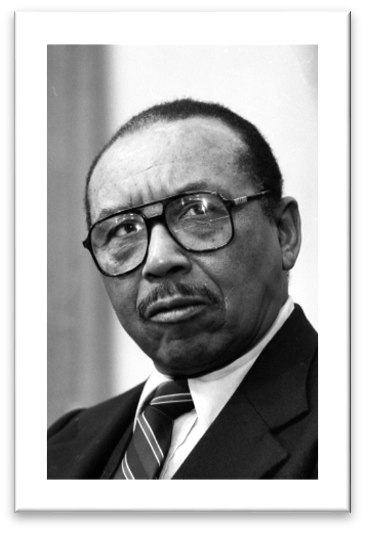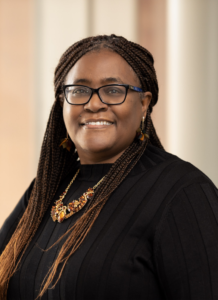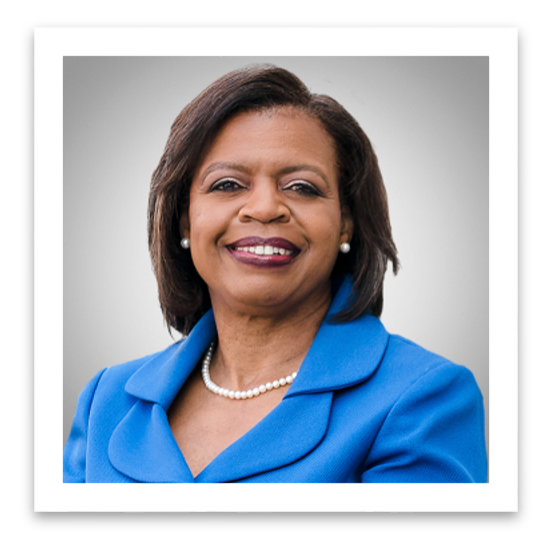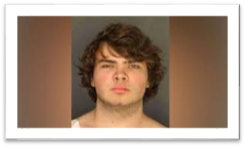Triangle Urban Law Journal - Copyright 2022 - A Beulah Project Publication - www.beulahproject.org
"Providing a Broader Perspective of News and Information for the Triangle's Legal Community"
No Matter How Prepared You Are, Mediation is Not a Perfect Science
By Kelvin D. Allen, M.A., J.D., Mediator
Email: kda@kelvindallen.com
I can’t tell you how often I’ve stepped into the main caucus room, or logged onto a virtual mediation feeling pretty confident that I knew all I needed to know about the conflict I had been hired to mediate. After-all, I have hundreds of hours of training, multiple certifications and I have
mediated all sorts of disputes. But despite my laudable credentials, I’ve come to realize there’s still a human factor to consider when mediating between parties that no science can completely prepare you for.
What about the Science?
According to the Science Council (www.sciencecouncil.org), science is defined as the pursuit and application of knowledge and understanding of the natural and social world following a systematic methodology based on evidence. Well, none of that matters a hill of beans if the mediator fails to consider that each party enters the mediation with a position. A position that each party feels strongly about and more often than not have convinced themselves beforehand that despite agreeing to mediate, it’s their position that should win.
So, despite the “systematic methodology” associated with the science of mediation and negotiation, and the “understanding of the natural and social world associated with them, people are people, and the desire to win at all costs is a fundamental flaw in our human DNA.
According to Gerry O’Sullivan, author of ²The Mediator’s Toolkit: Formulating Questions for Successful Outcomes, “for parties in mediation to reach an effective and sustainable agreement, they need to experience a change in their thinking about their conflict. Such a paradigm shift happens when a person looks at a situation in a different way,” Sullivan says.
So, armed with Sullivan’s theory on shifting the paradigm, my opening statement to the parties now includes a blunt statement of fact that, “neither party will leave mediation with everything they hoped for, but rather my responsibility to is to make sure we reach consensus somewhere in the middle.”
Reality Testing
I’ve learned, albeit after a number of failures, that laying it on the line with the parties is often times the most effective way to move forward in negotiating a settlement. Mediator’s refer to it as realty testing. ³Reality testing involves subtly adapting expectations to reality. Still, it can be challenging using this tool effectively, particularly when parties are deeply entrenched in their beliefs.”
With that being said, it bears repeating that each party enters the mediation with a position. My job more often than not, is getting each party to reconsider their position. There’s more. I have to get the parties to lower their expectations. Lowering expectations usually requires more back and forth negotiation than any the other part of the mediation process.
In the end, mediation is far from being a perfect science. As a matter of fact, most mediators would tell you, success as a mediator is largely dependent on being able to adjust quickly to the personalities of the parties. Unfortunately, there’s no training or negotiation methods to employ that will ever adequately prepare you for the variety of personalities you will encounter. The most successful mediators are confident in their skills as a negotiator, but more importantly, skilled at assessing the personalities of the parties.
Sources:
1. Science Council, Our Definition of Science, https://sciencecouncil.org/about-science/our-definition-of-science/
2. Gerry O’Sullivan, The Mediator’s Toolkit: Formulating and Asking Questions for Successful Outcomes, Introduction (2018).
3. Bernard Morrow, Reality Testing: The Right Dose at the Right Time (Sept. 9, 2016) https://mediate.com/reality-testing-the-right-dose-at-the-right-time/
ABOUT KELVIN DE’MARCUS ALLEN
Allen is a graduate of North Carolina Central University in Durham, N.C.; he holds a Master of Arts degree in Leadership and Liberal Studies from Duquesne University in Pittsburgh, Pa. Allen also holds Juris Doctor (J.D.) Degree. He is a NCDRC Certified Superior Court Mediator, as well as a NC Industrial Commission mediator and NC Department of Public Instruction mediator. He has served as an Adjunct Professor of Journalism and Media at the University of North Carolina at Chapel Hill's Hussman School of Journalism and Media and the N.C. State University Department of Communications. He is a past Executive Committee member of the Durham County Juvenile Crime Prevention Council and is a member of the FBI Citizens Academy (Charlotte, N.C. Division).
Published Friday, June 10, 2022
Eric Holder’s New Book, a Playbook on How We Can Save America Before It’s Too Late
By Kelvin De’Marcus Allen, MA., J.D.
Eric Holder’s new book, Our Unfinished March: The Violent Past and Imperiled Future of the Vote—A History, A Crisis, A Plan (Penguin Random House) is a playbook of sorts on how Holder believes America can be saved before it’s too late. Holder lays out a roadmap for action that he sees as a clear path forward to combat the unprecedented attacks of recent years that threaten to
undermine our democracy.
Events such as the January 6th insurrection, to limits on voting rights, book bans, laws that penalize teachers for helping students, as well as the draft opinion of the United States Supreme Court that overrules Roe v. Wade and Planned Parenthood v. Casey are all crisis points in Holder’s opinion.
In an interview with award-winning journalist and broadcaster Tracey Matisak, Holder says, “it’s a mixed bag.”
“In certain states things have gotten markedly better, I think of Virginia, and Michigan, other states, Texas by contrast and Georgia. Florida looks like it’s going in a negative way,” Holder said.
According to Holder, the election of the nation’s first Black president in 2008 provoked efforts by Republican lawmakers (“aware that their agenda did not align with the interests of a majority of Americans”) to make it harder to vote.
Holder also delves into former President Trump’s attempt to overturn the 2020 election and details how recent state laws have made it harder to vote by mail and criminalized giving water and food to voters waiting in line to cast their ballots.
Holder was appointed in 2009 by former president Barack Obama as Attorney General of the United States, becoming the nation’s first African American U.S. Attorney General.
In 2018, Holder suggested on several occasions that he might run for the presidency in 2020. On March 4, 2019, Holder announced that he would not seek the White House in 2020 but would continue his work with the National Democratic Redistricting Committee to help elect a Democratic candidate who had the five qualities he thought were necessary, the ability to inspire others, a vision for the job, the ability to meet both the physical and mental strains of the job, and appropriate experience.
Holder is married to Dr. Sharon Malone. They have three children.
Remembering Floyd Mckissick, Sr.
Floyd McKissick, Sr. was an American civil rights activist and lawyer, He became the first African-American student at the University of North Carolina School of Law. In 1966 he became leader of CORE, the Congress of Racial Equality, taking over from James Farmer. A supporter of Black Power, he turned CORE into a more radical movement. In 1968, McKissick left CORE to found Soul City in Warren County, North Carolina. He endorsed Richard Nixon for president that year, and the federal government, under President Nixon, supported Soul City. He became a state district court judge in 1990 and died on April 28, 1991.
Floyd Bixler McKissick, Sr. was born in Asheville, North Carolina, the son of Ernest Boyce and Magnolia Thompson McKissick. His participation with civil rights began with his NAACP membership at the age of 12. As a 13-year-old Boy Scout helping to direct traffic during a roller-skating tournament in his hometown, McKissick was pushed to the ground by a white police officer; this incident secured his involvement in civil rights. McKissick was once quoted as saying.
After graduating from Morehouse in 1948, McKissick decided to pursue a career in law. He returned to his native state North Carolina, and applied to the University of North Carolina (UNC) School of Law. He was subsequently denied admission because of his race. After his denial, he enrolled in North Carolina College (NCC) School of Law, now North Carolina Central University (NCCU), in Durham, North Carolina, which was the law school for blacks.
In 1955, McKissick established a law firm in Durham, NC. His law firm was involved with civil rights issues and his clients included the first black undergraduates to attend UNC-Chapel Hill in 1955. He successfully defended sit-in protesters of the Durham's Royal Ice Cream Parlor in 1957, and the families who integrated Durham's city school system in 1959. The lead plaintiffs in the 1959 school desegregation case were his daughter, Joycelyn, and his wife, Evelyn.
As a lawyer, McKissick's most publicized efforts involved a segregated black local in the Tobacco Workers International, an AFL-CIO member. McKissick pressed to have black workers admitted to the skilled scale without loss of their seniority rating.
After leaving CORE, McKissick launched a plan to build a new community, Soul City, in Warren County, North Carolina on 500 acres of farmland.
Soul City, however, ran into difficulties and the project never developed as McKissick had hoped.
Source: Floyd McKissick, Wikipedia, https://en.wikipedia.org/wiki/Floyd_McKissick (last visited June 9, 2021).
N.C. Central University School of Law Dean Brown C. Lewis passed suddenly on Thursday, June 2nd while attending a conference in Colorado with colleagues.
An accomplished legal scholar, attorney and author, Dean Lewis joined the faculty of NCCU on July 1, 2020.
During her brief tenure, the School of Law received a number of gifts from corporations and foundations and prestigious law internships and fellowships have been awarded to students. This included a transformational $5 million contribution from Intel Corporation that created the School’s Tech Law and Policy Center.
All eyes are on Former N.C. Chief Justice Cheri Beasley. Beasley is seeking to replace Republican Senator Richard Burr who decided not to seek re-election. Beasley won the Democratic Primary in May with more than 80% of the vote.
Beasley, 56 has emerged as one of the most talked about Black women candidates for the Senate.
Early on in her career, Beasley worked as an assistant public defender in Cumberland County. In 1999, she was appointed to be a state district court judge, a seat she maintained through two judicial election cycles.
In 2008, Beasley was elected to the North Carolina Court of Appeals, making her the state’s first Black woman to win a statewide seat without first being appointed by a governor. She was appointed to the North Carolina Supreme Court in 2012 and appointed to be chief justice of the court in 2019, the first Black woman to hold that position.
For more information visit: https://cheribeasley.com/
Buffalo Supermarket Mass Shooting
Accused Tops Shooter
Indicted on 25 Counts
The man accused in the mass shooting at the Tops on Buffalo’s East Side has been indicted and arraigned on more than two dozen
charges, including a domestic terrorism. The indictment of Payton Gendron, 18, includes. 25 charges.
Domestic act of terrorism motivated by hate in the first degree
Murder in the first degree (10 counts)
Murder in the second degree, as a hate crime (10 counts)
Attempted murder in the second degree, as a hate crime (3 counts)
Criminal possession of a weapon in the second degree, an armed felony.
